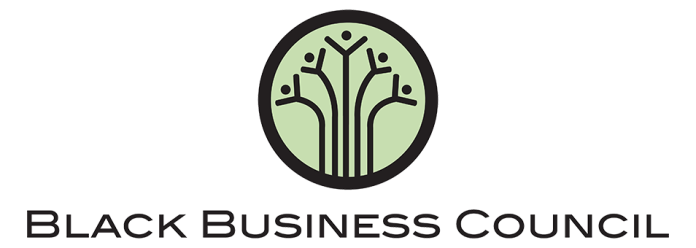With the country’s Mini Davos Summit scheduled to take place in two weeks’ time and organised by the Black Business Council (BBC), the business entity is all set to make it a roaring success.
The meeting, pencilled as a business summit, will take place at the Radisson Hotel, OR Tambo Airport, east of Johannesburg, on April 29-30, BBC CEO Kganki Matabane said in an interview with Sunday World last week.
To make the two-day event scheduled for April 29 and 30 more glittering, it is expected that five senior cabinet ministers will grace the occasion accompanied by President Cyril Ramaphosa, who will deliver a keynote address.
“If we want to attract direct foreign investments, we must talk among ourselves as black business, strategise and work with a common purpose engaging the government and all other relevant stakeholders to determine how we should make our country more attractive to direct foreign investments.
“The analogy of a small town of Davos, which on a yearly basis hosts the World Economic Forum, should not be lost but should be inspirational to black businesses to work towards achieving great economic success “and to end poverty and unemployment in our country.”
Matabane said black people had to pull themselves by their own bootstraps out of economic doldrums by taking upon themselves initiatives to fight the scourge of poverty, unemployment, and underdevelopment – and this can only be achieved through unity and cooperation.
“Part of the challenge we face as black people is to end unemployment and reduce, if not end, the dependence of our people on social grants. The summit, among
other things, will address itself to those challenges and commit to working with the government and other stakeholders to expand the economy so that we end poverty and unemployment.
“We have to remove as many people as possible from the -social grants syndrome.
“If we want to attract direct foreign investments, we must talk among ourselves as black business, strategise and work with a common purpose with the government and all other relevant stakeholders to determine how we should make our country more attractive to direct foreign investments,” he said.
Also on the agenda, he said, was a question of strategies available to deal with crime.
Matabane said crime was a by-product of high unemployment and was one of the social ills that required societal intervention, with the government and its security agencies taking a lead, and business with other members of society offering whatever support they are capable of to help stamp out crime and violence.
“There are too many young men and women walking our streets with degrees but who sadly are not employed. This is part of a social capital that is going to waste without which we cannot achieve a common goal of success. Part of the reason we are having the Mini Davos is to address some of these challenges which starkly face our country,” he said.
Matabane said the imperative to grow the economy will serve as an antidote to fighting the escalating unemployment out of which millions of South Africans will no longer depend on the government’s social grants to eke out a living, but will, on the contrary, be self-sufficient.
He is also imploring the government to help small businesses take root, an effort he thinks will go a long way towards strengthening black industries in the township and villages, “at the same time level the playing field for the benefit of black people who were previously disadvantaged”.



